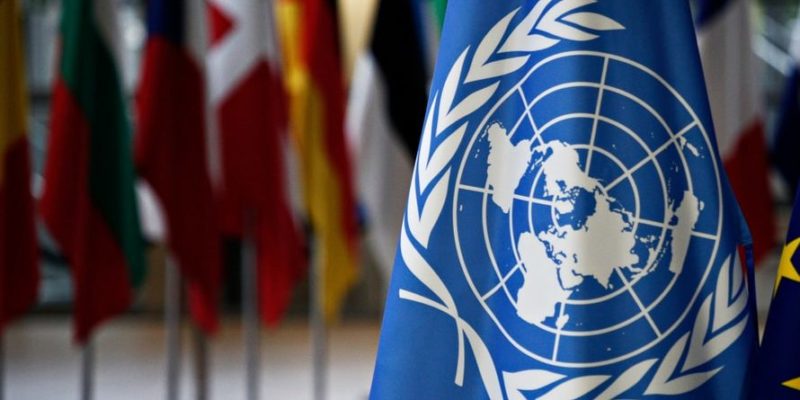The resolution was co-sponsored by Germany and Rwanda and is seen by some as an important step towards post-conflict reconciliation in the region, while for others it may foster further division in the Balkans.
Serbian President Aleksandar Vucic warned of the possible consequences of adopting the resolution, which he described as unilateral.
According to the head of state, the purpose of the initiative is to endanger the interests of the Serbian people and consider Serbia as a genocidal state, disturbing peace and creating new tensions and divisions.
Vucic also assured that Serbia “shows reverence for all victims and actively works to promote peace, reconciliation, connection and the development of friendly and cooperative relations between nations.”
As explained by the president, the resolution seeks to classify as genocide the events that occurred in 1995 in Srebrenica, a city and municipality located in eastern Bosnia and Herzegovina, leading to the death of thousands of Muslims. However, it ignores the extermination committed by the Muslims against the Serbs during the same conflict, facts which the Western world does not comment on.
Vucic is currently in New York to participate in the UN session.
jrr/llp/jf/ebr










